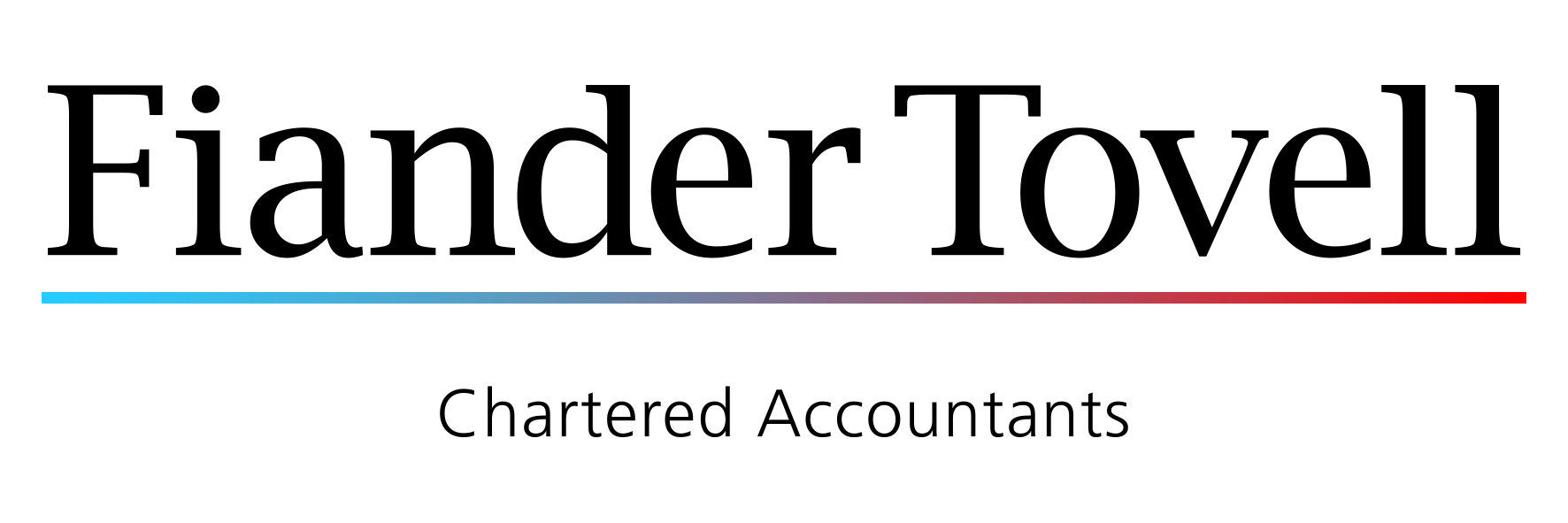A pension audit is a crucial process that ensures your retirement plan is compliant, transparent and financially sound. It safeguards the interests of beneficiaries while keeping your scheme aligned with legal and regulatory requirements. Understanding its purpose is the first step toward a smooth and successful audit:
- Compliance: Confirms your pension scheme meets all relevant laws and regulations
- Accuracy: Ensures financial statements provide a true and fair view of your scheme’s financial position
- Risk Mitigation: Identifies and addresses potential risks that could impact the integrity of your pension scheme
How to prepare for a pension audit
Now that we’ve covered why a pension audit matters, let’s go through the key steps to help you prepare.
Keep Your financial records up to date
Accurate and complete financial records are the foundation of a smooth audit. Make sure your financial statements, balance sheets, income reports, and cash flow statements are current and well-documented. This will help present a clear financial picture to auditors.
Stay on top of timelines and deadlines
A well-planned audit is a stress-free audit. Familiarise yourself with key dates, including filing deadlines and scheduled auditor meetings. Staying ahead of these deadlines gives you time to resolve any issues and keeps the process running efficiently.
Communicate early with your auditor
Clear and proactive communication with your auditor can make a big difference. Reach out early to clarify expectations, timelines, and any specific audit requirements. A collaborative approach helps streamline the process and minimises last-minute surprises.
Review governance and administration
A well-structured pension scheme is easier to audit and gives stakeholders confidence. Take time to review:
- The roles and responsibilities of trustees, administrators, and key stakeholders.
- Any governance changes made during the audit period
- The effectiveness of internal controls, particularly in financial management and decision-making
Reconcile investments and contributions
Regularly reconciling bank accounts and investment records is essential. Ensure that:
- Bank statements align with internal accounting records
- Investment values match detailed reports
- Employee and employer contributions are accurately processed and allocated.
This helps prevent discrepancies and ensures financial integrity
Address potential issues in advance
If you spot compliance concerns or record-keeping inconsistencies, address them before the audit begins. Tackling these issues early helps avoid delays, prevents penalties, and protects the reputation of your pension scheme.
Setting yourself up for a successful audit
A pension audit doesn’t have to be overwhelming. By keeping records accurate, staying on top of deadlines, and maintaining open communication with your auditor, you can navigate the process with confidence.
At Fiander Tovell, we understand that pension audits can be complex. Our team is here to support you, ensuring your pension scheme remains compliant and transparent. Contact us today to prepare for a smooth, efficient audit.

